UN council targets Swiss anti-minaret vote
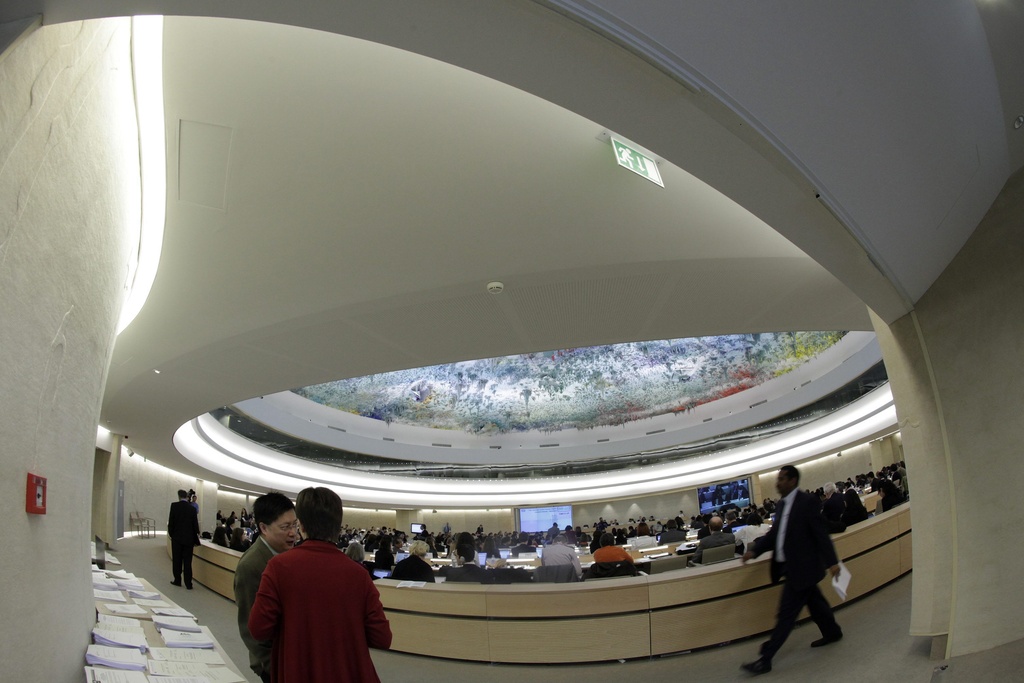
Switzerland has come in for criticism from a senior United Nations body over a ban on the construction of new minarets approved in a nationwide vote last November.
The Geneva-based Human Rights Council on Thursday narrowly passed a resolution condemning defamation of religion, which included reference to “Islamophobic” bans on building new minarets on mosques.
In a tight vote, a coalition of 17 mostly western nations, including the United States and the Netherlands, opposed the resolution, but 20 states, including China, Cuba and Saudi Arabia, voted in favour. Eight states abstained.
The resolution, proposed by the Organisation of Islamic Conference (OIC), “strongly condemns the ban on the construction of minarets of mosques and other recent discriminatory measures”.
It says the ban is a “manifestation of Islamophobia that clearly contravenes international human rights obligations concerning freedom of religion, belief, conscience and expression.”
Babacar Ba, who represents the OIC in Geneva, told journalists in Geneva that the resolution was a “way to reaffirm once again our condemnation of the decision to ban construction of minarets in Switzerland.”
Nearly 58 per cent of Swiss voters approved an initiative in November 2009 banning the construction of minarets, which drew criticisms worldwide.
Ba called on the Swiss to “redress the situation which puts it at odds with its international commitments”.
The OIC plans to continue talks with the Swiss authorities about the ban; he last met Foreign Minister Micheline Calmy-Rey on March 2 in Geneva.
The OIC reprentative also encouraged people in Switzerland affected by the ban to file legal complaints in the country or to the European Court of Human Rights in Strasbourg, France.
Not Islamophobic
Dante Martinelli, Swiss ambassador to the UN in Geneva, said Switzerland had taken note of the vote but stressed that freedom of religion was possible in Switzerland, whatever the faith.
“Existing minarets and 150 places of worship continue to exist in Switzerland and it’s possible to build new mosques. The Muslim communities in Switzerland are free and protected by Swiss law,” he told swissinfo.ch.
But he said dialogue had to be stepped up with Muslims to improve understanding, both at home and abroad.
Martinelli denied the vote was Islamophobic.
“It comes from concerns influenced by the economic crisis, which destabilized people…it’s not a decision against Islamic communities in Switzerland or outside,” he added.
“Stone in shoe”
But human rights observers felt the ban and its accompanying paragraph in UN documents would not be forgotten.
“This ‘stone’ is likely to remain in our shoe for a long time and will have consequences,” said Adrien-Claude Zoller, director of the non-governmental organization, Geneva for Human Rights, who described the November vote as “totally irresponsible”.
“As this ban is now on the UN agenda it will repeatedly be brought up unless Switzerland radically changes its attitude.”
Peter Splinter, Amnesty International human rights expert, added: “This is not going to harm the constructive human rights role played by Switzerland, but it might well be used and waved in Switzerland’s face by other countries who want to intimidate it.”
Zoller criticized the Swiss reaction to Thursday’s UN vote.
“You can’t just say “we regret what happened, it was the people who voted”. Switzerland should reflect on the incompatibility of its popular rights for Swiss citizens and its international responsibilities,” he said.
Intense debate
Martinelli noted that the minaret paragraph was part of a resolution on defamation of religion which was regularly presented to the council and to which Switzerland was opposed.
“We are firmly against the protection of religions themselves but very much in favour of individuals being able to practice the religion of their choice,” he said.
While all countries agreed on the need to combat religious discrimination, council debate on the resolution was intense.
The European Union said the concept of defamation should not fall under the remit of human rights because it conflicted with the right to freedom of expression.
“The EU believes that reconciling the notion of defamation with discrimination is a problematic endeavour,” French ambassador Jean-Baptiste Mattei said on behalf of the EU.
Eileen Donahoe, the new US ambassador to the UN, also criticised the resolution as an “instrument of division” and an “ineffective way to address” concerns about discrimination.
“We cannot agree that prohibiting speech is the way to promote tolerance, because we continue to see the ‘defamation of religions’ concept used to justify censorship, criminalisation, and in some cases violent assaults and deaths of political, racial, and religious minorities around the world,” she said.
Simon Bradley in Geneva, swissinfo.ch
The Muslim community in Switzerland accounts for about 4.5% of the population.
Most Muslim immigrants came from the former Yugoslavia and Turkey. The community includes up to 100 nationalities.
The number of Muslims doubled between the censuses of 1990 and 2000, largely boosted by an influx of refugees and asylum seekers, including from the war in the former Yugoslavia.
There are about 200 mosques and prayer houses in Switzerland, but only four have a minaret.
Swiss Foreign Minister Micheline Calmy-Rey presented the concept of the Human Rights Council in March 2004 to replace the widely discredited and highly politicised UN Human Rights Commission created in 1946. The UN officially accepted the idea in September 2005.
The first session of the UN Human Rights Council took place in June 2006 at its headquarters in Geneva. The Council reports directly to the UN General Assembly.
It consists of 47 member states, which are selected with absolute majority by the UN General Assembly. It meets at least three times a year and can also hold special meetings to discuss crisis situations.
The 27 seats of African and Asian countries heavily outvote western countries, which hold seven seats on the council.

In compliance with the JTI standards
More: SWI swissinfo.ch certified by the Journalism Trust Initiative

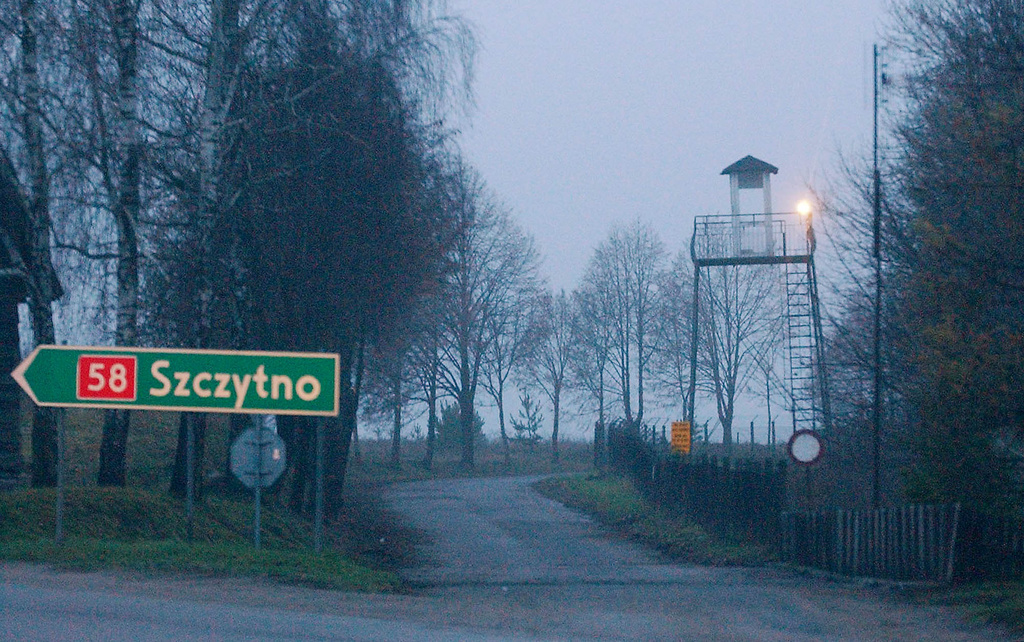
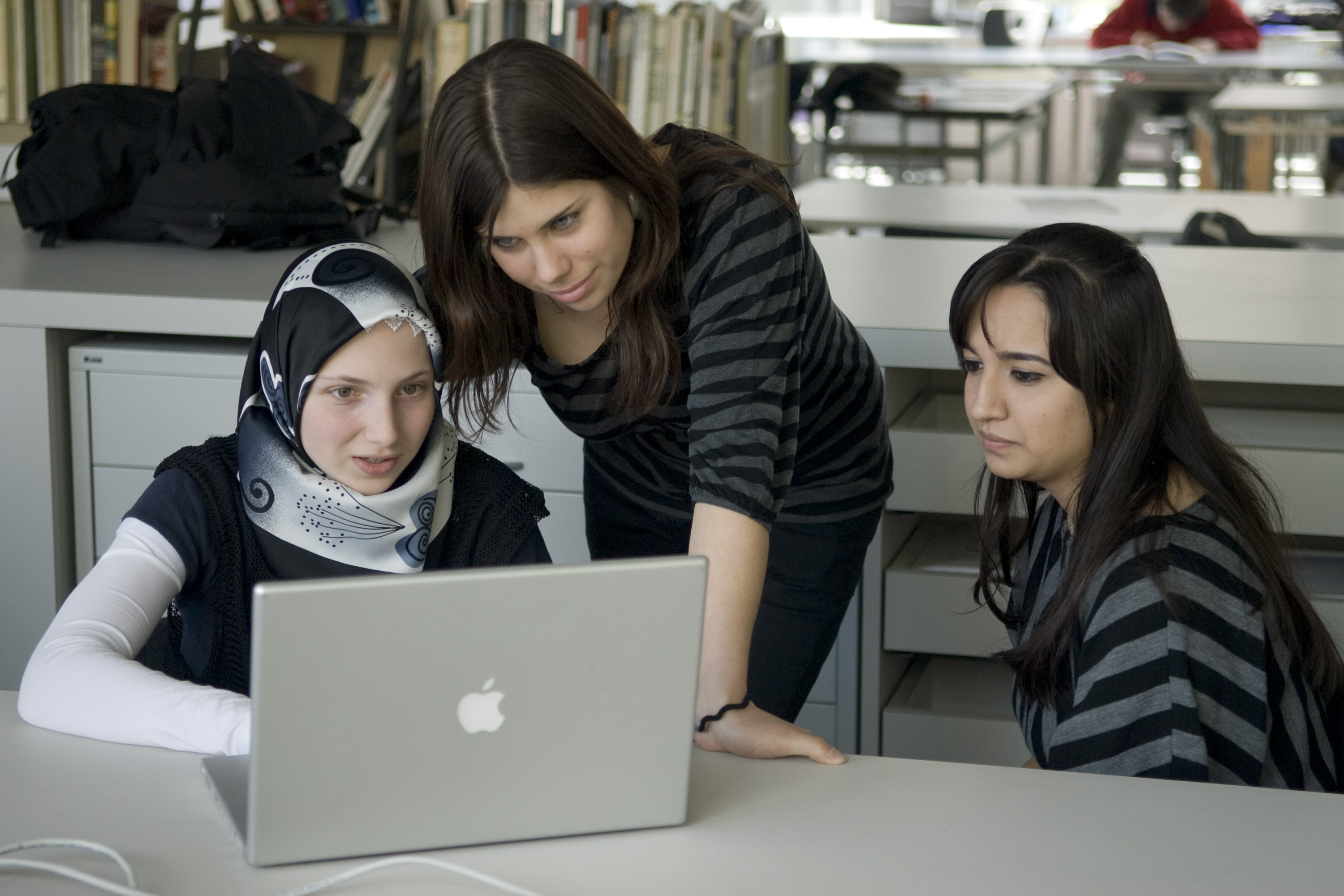
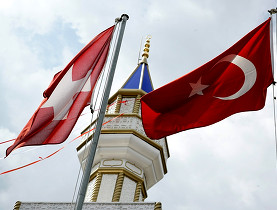
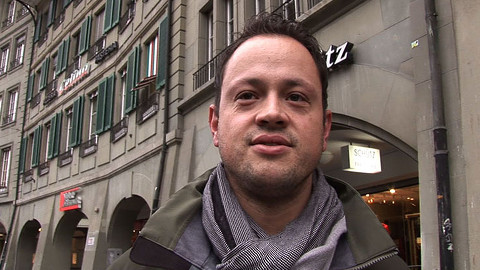
You can find an overview of ongoing debates with our journalists here. Please join us!
If you want to start a conversation about a topic raised in this article or want to report factual errors, email us at english@swissinfo.ch.